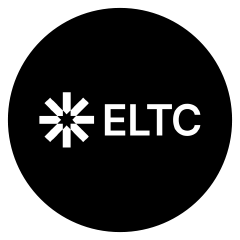- For us
- For counselling
- For associates
- For Institutions
- Business consulting
- Secondary Education
- Our Private Schools
- Private education in Cyprus
- Primary education
- Study in Cyprus
- Postgraduate
- Undergraduate
- Erasmus
- Institute
- Music & Dance Schools
- Sports Academies
- Art & Theatre Schools
- Executive education centers

